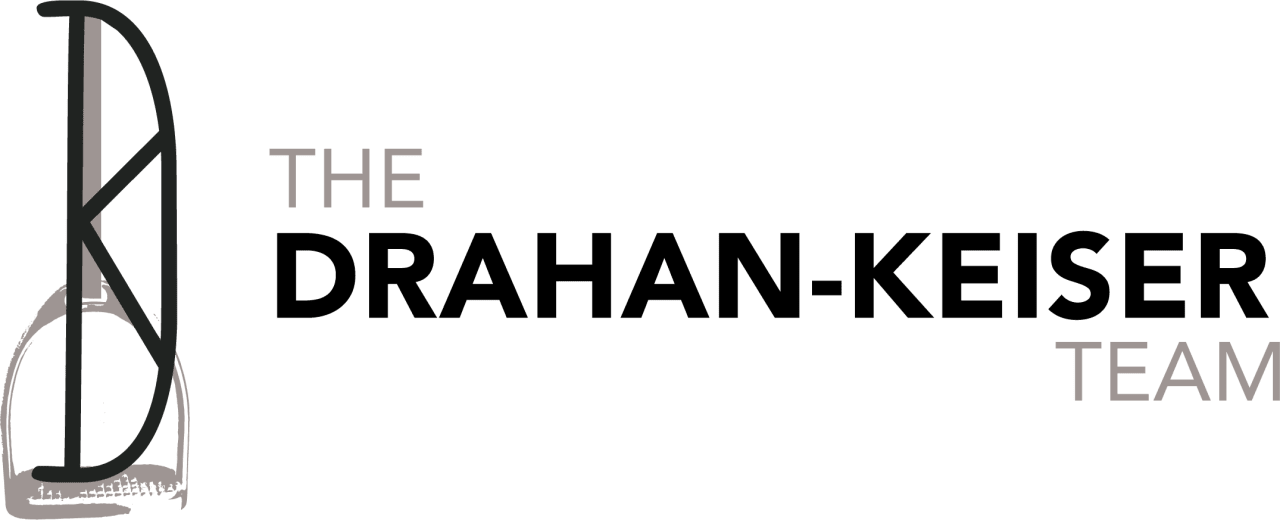Key Insights for Real Estate Buyers in Wellington, FL.
It might seem like a small distinction, but deciding if your property is a second home or an investment property can make a huge difference–especially when it comes to money. For potential buyers in Wellington, FL, understanding the differences between the two is essential to making a sound financial decision. While both options offer the potential to build wealth and enjoy the benefits of real estate, they each come with unique responsibilities, tax implications, and long-term financial considerations. This guide will explore those differences to help you determine which option best suits your goals.
Property Use: Vacation Getaway or Income Generator?
The most important distinction between a second home and an investment property is in how each property will be used. A second home is typically a place of personal enjoyment, like a vacation spot or a weekend retreat. In Wellington, a second home may be used to enjoy the area’s equestrian lifestyle, outdoor activities, or golfing. You might visit during seasonal breaks or long weekends, using the property as a personal oasis.
In contrast, an investment property is purchased primarily to generate income. Whether it’s through long-term leases or short-term vacation rentals, the goal is to profit from tenants. Wellington’s proximity to Palm Beach and its strong real estate market make it an attractive option for investors looking to capitalize on rental demand.
So: If personal relaxation and enjoyment are your priorities, a second home might be your best option. If you’re looking to generate rental income, then an investment property would be the better fit.
Taxation: Homestead Exemptions, Foreign Buyers, and Tax Strategies
When it comes to taxes, second homes, and investment properties are treated very differently. If you already own a primary residence, you could benefit from a Homestead Tax exemption. This exemption applies only to your primary residence, not your second home, meaning you’ll be taxed at a higher rate on the second property. It’s essential to factor this into your budget when calculating long-term costs.
Also, foreign buyers face specific tax rules, like the Foreign Investment in Real Property Tax Act (FIRPTA), which impacts how they’re taxed when selling U.S. property. Foreign investors should seek advice on how these taxes could affect their overall returns.
Investment properties, on the other hand, offer broader tax advantages. You can deduct many expenses related to owning and maintaining the property, like repairs, insurance, property management fees, and even depreciation. However, any rental income you earn will be taxed, and you could face capital gains taxes when you sell the property.
What’s the bottom line? If you’re purchasing a second home, be prepared for higher property taxes without the benefit of a Homestead exemption. As an investor, you have more tax-deduction opportunities, but you’ll also need to navigate the complexities of rental income taxes.
Profitability and Maintenance Costs
Another critical factor is how the property will affect your overall financial health. With a second home, the costs typically revolve around your own usage. You’ll need to budget for things like property maintenance, landscaping, and any upgrades or renovations after purchase.
With an investment property, profitability depends on whether the rental income will outweigh the overhead costs. You’ll need to consider several monthly expenses, including the mortgage, HOA fees, landscaping, and repairs. The rent you charge must cover these expenses while leaving room for profit. It’s crucial to calculate whether the rental price you’ll receive justifies the costs of owning and maintaining the property.
Additionally, you must assess the amount of work needed on the property after purchase. If the home requires major renovations or upgrades, factor in whether the cost of these improvements makes financial sense compared to the rental income you’ll generate. Sometimes, significant upfront costs can reduce your profitability in the short term, even if the rental market seems promising.
An investment property can generate regular income, but it’s essential to make sure that your rental price is high enough to offset the monthly expenses and any renovation costs.
Property Condition: Factor in Renovations and Maintenance
Before purchasing either type of property, consider the condition of the home and how much work needs to be done. For a second home, you might be more willing to take on cosmetic updates or personal upgrades since you’ll be the one enjoying the space. However, with an investment property, you’ll want to be more strategic. If a home requires significant renovations, you’ll need to determine if the upfront cost is worth it based on the rental price you can charge and the long-term return on investment.
Location and Appeal: Will Renters Want to Live There?
When deciding between a second home and an investment property, location plays a key role, but the criteria for each differ. For a second home, buyers typically choose a location that aligns with their lifestyle and personal preferences.
However, for an investment property, you need to consider whether renters will want to live in that location. Will it be in high demand? Are there schools nearby? Does the town have a good reputation? These are important questions to ask because they affect how attractive the property will be to potential tenants.
It’s also important to consider the resale value of the home. Is it located in a stable market where property values tend to appreciate, or does the area experience fluctuations in pricing? A solid investment property should not only offer good rental income but also hold its value well in case you decide to sell in the future.
What’s the bottom line? A second home should be located in a spot you love, while an investment property should be located where demand is strong and resale values are stable.
Financing Differences: Loan Terms and Interest Rates
When it comes to financing, lenders treat second homes and investment properties differently. Lenders typically view second homes as lower-risk investments because the buyer is seen as financially stable, and the property is for personal use. As a result, mortgage rates for second homes tend to be lower than for investment properties, and down payment requirements can be more flexible, usually ranging from 10% to 20%.
Investment properties, however, are seen as riskier by lenders. Since these properties rely on rental income, lenders often require higher down payments, sometimes as much as 25%, and the interest rates are usually higher.
Partner with The Drahan-Keiser Team
Whether you’re exploring the idea of buying a second home or diving into the world of investment properties, The Drahan-Keiser Team in Wellington, FL, has the expertise to guide you every step of the way. Their extensive experience in both luxury homes and real estate investment ensures that your purchase aligns with your financial goals. Reach out to The Drahan-Keiser Team today for personalized advice on how to get the most out of your next real estate purchase!
*Header image courtesy of The Drahan-Keiser Team






